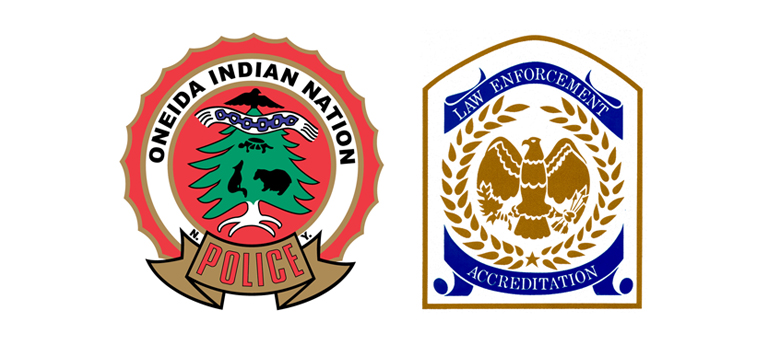In 1994, the Communications Assistance for Law Enforcement Act (CALEA) was passed by the Congress. This law implements the procedures through which the telephone companies were compelled to design their equipment, facilities, and services to make it easier for the law enforcement to wiretap digital telephone calls.
Later, in 2005 the Internet service providers (ISPs) and VoIP like Skype was also added to the CALEA law by the Federal Communications Commission (FCC). The FBI after a few years compelled to expand the CALEA law to cover all the online communications. However, due to the criticism and opposition, the proposal died quietly. But, such proposals resurfaced in 2010 as well as in 2013.
According to FCC, the purpose of CALEA is to maintain the ability of law enforcement agencies to carry out electronic surveillance by demanding a telecommunication carries and manufactures of communication tools to create and modify their equipment, facilities, and services to ensure that they have important surveillance capabilities as communication network technologies evolve.
All telecommunication providers should be capable of the following;
- To allow governmental agencies with authorization to intercept all the wire and electronic communications carried to or from a subscriber of the carrier.
- Allowing such governmental agencies to approach call-identifying data logically present with the carrier (such as, through pen-trap devices).
- Giving the information to the government off-premises quietly and with mere interruption.
- Intercepting the demanded information with the least interference to subscriber’s service along with preserving the privacy and security of subscribers and the data regarding the government’s interception.
Rule Expansion: 2014
This rule only applies to the telephone companies for beginning 10 years. However, in 2004 the Department of Justice (DOI) and Drug Enforcement Administration (DAE) filed a joined petition to the FCC demanding to expand CALEA to encompass the communications over the internet too.
Majorly, the petition had asked for the CALEA application over the broadband providers, to VoIP communications, and to other instant messaging programs.
To this request, there was criticism including the EFF objection but the FCC released a notification ‘Notice of Proposed Rulemaking (NPRM)’ to expand the CALEA over the requested fields. This under-process rule was confirmed after a year by the FCC announcement.
The law was then expanded to the Internet broadband providers like ISPs and certain VoIP.
2010: FBI’s ‘Going Dark’ Campaign
In 2010, FBI starts the campaign of ‘Going Dark’. This campaign focused on convincing the politicians that FBI is unable to listen to the digital communications of the internet users after obtaining a legal court order because of modern advance technologies.
The suggested legislation demands all communication channels build backdoors for the government to monitor users and to decrypt any encrypted messages exchanged via the service.
Due to many objections and mass criticism, the proposal died quietly.
2013 and Onwards
In the very start of 2013, the FBI’s demands of expanding the CALEA resurfaced through the reports. These demands were the same as the ones which were proposed in 2010.
The FBI wants to compel all the companies with messaging services to inject their products with a secret government backdoor and to decode all the encrypted messages.
In this proposal, a new component was added that demand the fining of companies which do not cooperate.
The bill was not updated in 2013.
You can get detailed information of CALEA law, here.

mexican viagra buy generic viagra online buy generic viagra
viagra without a doctor prescription usa viagra online for sale online doctor prescription for viagra
cialis generic availability cialis 5mg coupon generic cialis black 800mg
viagra prescription viagra low price buy viagra online
discount prescription drugs ed drugs diabetes and ed
ed treatment drugs cheap online pharmacy ed symptoms
buy viagra online buy viagra from canada mail order viagra
viagra coupon buy viagra where to buy viagra
where to get viagra viagra viagra online usa
viagra pill viagra best over the counter viagra
ed pills online ed meds ed for men
ed remedies that really work generic cialis cheap ed drugs
non prescription ed pills generic ed pills the best ed pills
best natural cure for ed Cheap Erection Pills ed in men
best price for generic viagra on the internet generic cialis medications online
what causes ed generic viagra dysfunction erectile
purchasing cialis on the internet buy cialis online buy cialis
cialis canada cialis for sale hard erections cialis
ed doctors canadian drugstore online pharmacy drugs
prescription drugs without prior prescription canadian drug pharmacy medication online
payday loans online payday loans online
cheap sildenafil buy sildenafil